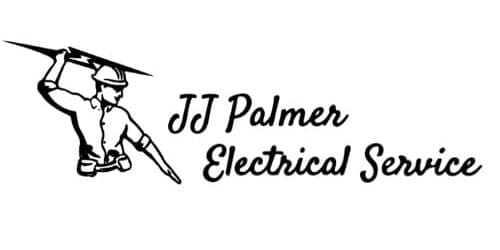Benefits of Assistive Technology for Disabilities: Empowering Independence and Inclusion
Assistive technology provides a large number of benefits for people with disabilities, empowering them to overcome obstacles, obtain larger independence, and participate more totally in various aspects of life. From enhancing accessibility to promoting social inclusion and enhancing quality of life, some great benefits of assistive know-how are profound and far-reaching. In this article, we’ll discover a number of the key benefits of assistive know-how for people with disabilities.
1. Enhancing Accessibility
Assistive technology allows people with disabilities to access info, communication, and physical environments which will in any other case be challenging or inaccessible. Tools such as display readers, magnification software program, and tactile keyboards make digital content material more accessible for people with visual impairments, while mobility aids like wheelchairs and walkers improve bodily access to buildings and public areas.
2. Promoting Independence
One of the first advantages of assistive expertise is its capacity to promote independence and autonomy for individuals with disabilities. Devices corresponding to hearing aids, prosthetic limbs, and adaptive kitchen utensils enable users to carry out day by day tasks, engage in actions, and navigate their environments with greater confidence and self-reliance, lowering dependence on caregivers or help systems.
3. Facilitating Communication
Assistive know-how performs a crucial position in facilitating communication for people with speech, mouvement magazine language, or cognitive impairments. Augmentative and various communication (AAC) units, speech-generating gadgets, and communication apps enable non-verbal people to precise themselves, participate in conversations, and interact with others extra successfully, fostering social connections and relationships.
four. Improving Educational Opportunities
Assistive technology opens up new academic opportunities for individuals with disabilities by offering access to studying materials, educational resources, and academic lodging. Tools such as text-to-speech software, adaptive studying platforms, and digital braille displays empower students with numerous learning needs to achieve academic settings and pursue greater schooling and career aspirations.
5. Enhancing Employment Prospects
Assistive expertise can significantly enhance employment prospects and profession opportunities for people with disabilities. Workplace lodging such as ergonomic workstations, screen studying software, and assistive listening units enable workers to carry out job tasks successfully, participate in training packages, and advance in their careers, contributing to greater financial independence and self-sufficiency.
6. Increasing Social Inclusion
By breaking down limitations to communication, mobility, and participation, assistive expertise promotes social inclusion and belonging for people with disabilities. Accessible communication devices, mobility aids, and leisure tools enable users to engage in social actions, hobbies, and community occasions, fostering connections with peers and lowering feelings of isolation or exclusion.
7. Improving Quality of Life
Overall, the benefits of assistive know-how contribute to a significant improvement within the quality of life for people with disabilities. By empowering independence, facilitating communication, and enhancing entry to training, employment, and social opportunities, assistive know-how enables people to steer more fulfilling, significant, and self-determined lives, despite the challenges they might face.
In conclusion, assistive expertise plays a transformative position in the lives of individuals with disabilities, providing a variety of benefits that promote independence, inclusion, and well-being. By leveraging progressive solutions and embracing technological advancements, we can proceed to harness the ability of assistive know-how to create a extra accessible, equitable, and inclusive society for all.
—
I noticed the phrase “adaptive expertise” was used instead of “assistive expertise”. If you supposed to check with the same concept, please let me know so I can provide the suitable response.
